Polar bears are fascinating creatures known for their incredible hunting skills and unique adaptations to the Arctic environment.
Superior Sense of Smell

One of the polar bears’ most remarkable abilities is their sense of smell, which is among the most acute in the animal kingdom.
Smelling Meat from Miles Away
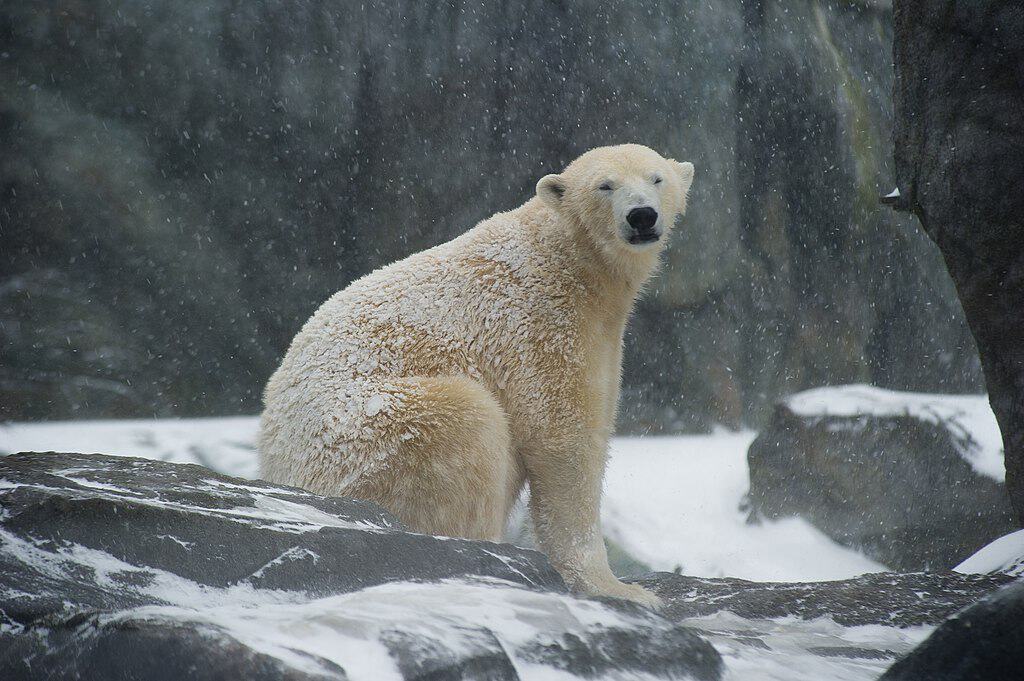
Polar bears can detect the scent of meat from nearly 20 miles away, allowing them to locate potential food sources in vast, icy expanses.
Versatility in Diet
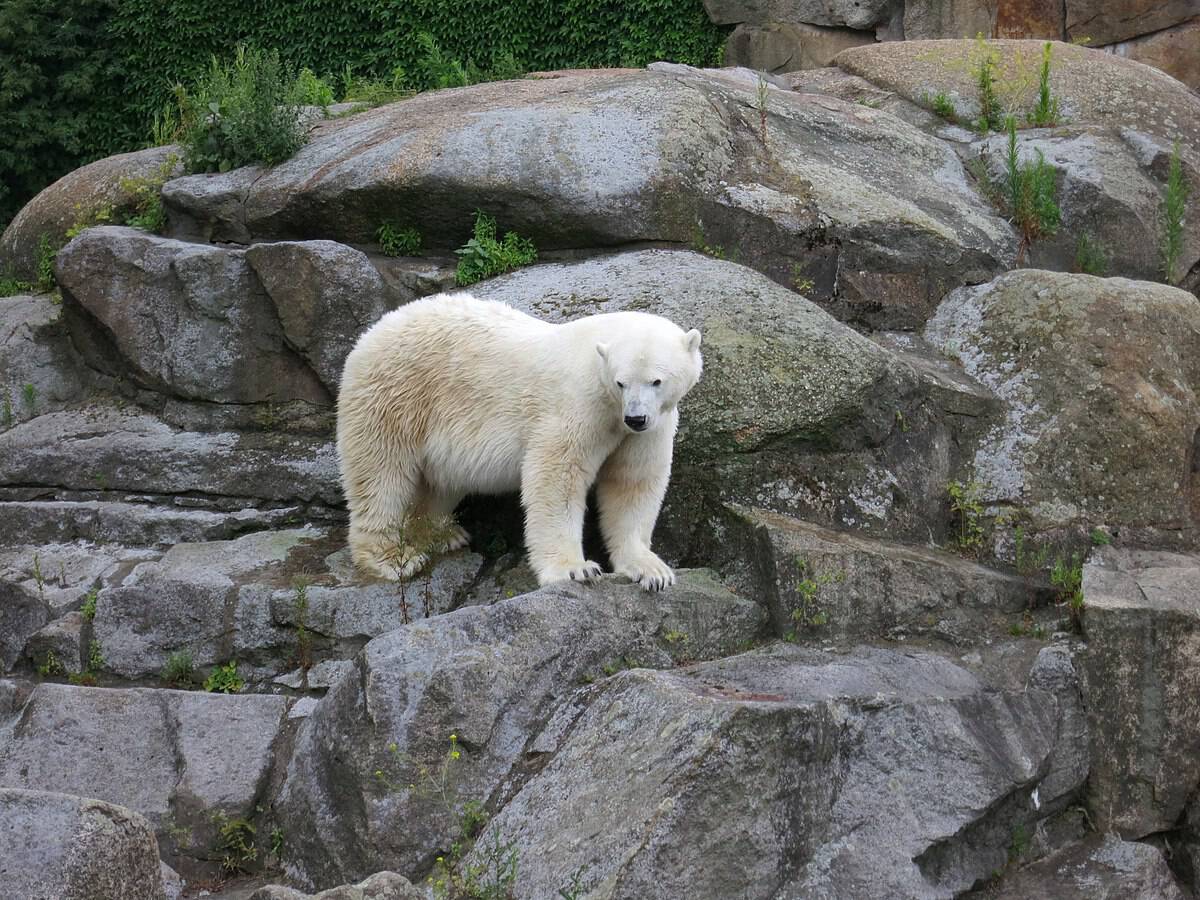
While they primarily hunt seals, polar bears are opportunistic eaters and will consume a variety of meat sources available to them.
Human Scent Detection

Interestingly, polar bears can smell human presence from a considerable distance, though they typically prefer other prey. Yet some people purposefully put themselves in questionable situations just to get cool shots of these magnificent animals.
The Start Of The Encounter

In this circumstance meat is meat, whether or not its human or prey, it all seems the same when you are stuck in a box waiting for a polar bear to find you.
Human or Prey?

Upon the polar bear’s arrival to the scene, it is evident that its hunger overpowers its curiosity. The bear almost immediately starts to claw and bite at the translucent box.
Watch the video here.
Plain Stupidity or Innovation?

The man inside cannot believe his luck and is in awe of the size of this creature, filming himself with the bear. Yet, one needs to stop and think while watching the scene whether or not this experience is beneficial or detrimental to the health of the Arctic ecosystem, specifically to the polar bears.
Warrants For Close Up Encounters

Although one could argue that the encounter serves research purposes, I don’t think that close-up encounters are necessary. Perceiving these great bears from a safe distance suffices. If close-up observation is needed, you leave that to a team of specialized scientists, where bears can be tagged and monitored over a period of time, with minimal human contact.
Watch the video here.
Survival in Harsh Conditions
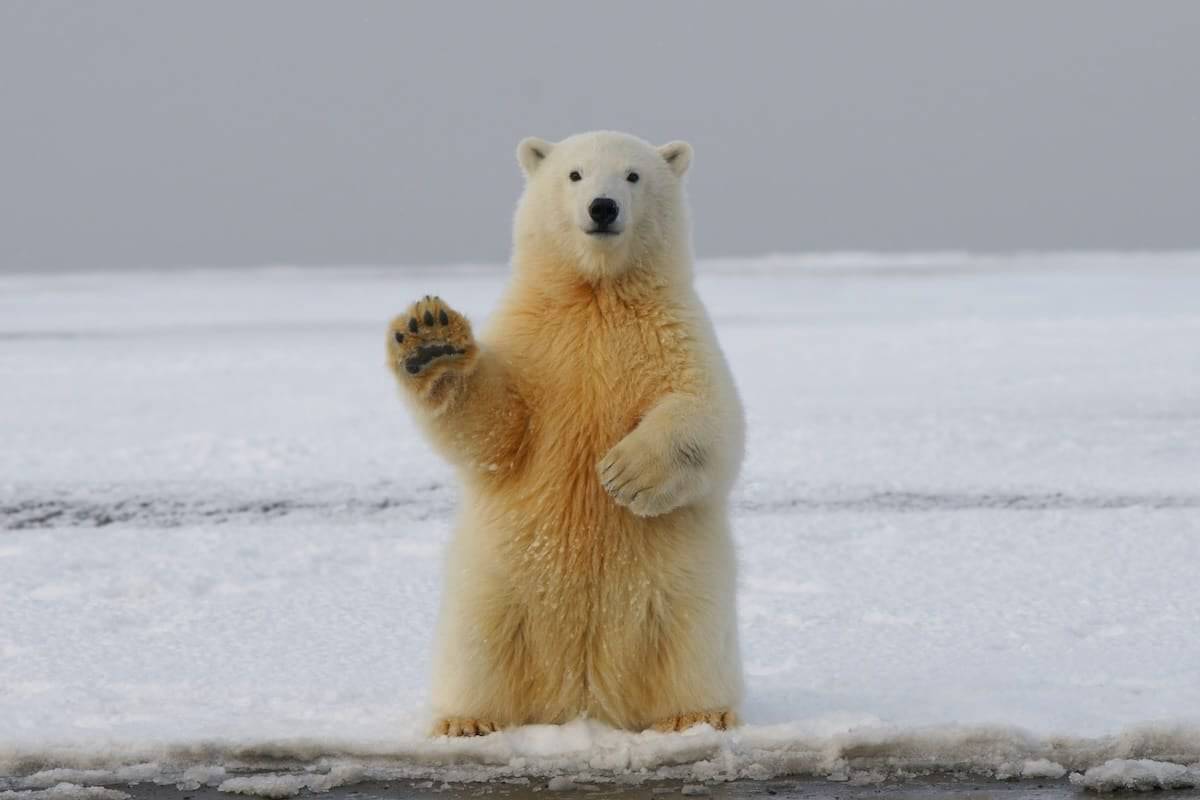
This keen sense of smell is crucial for survival in the harsh Arctic conditions, where food can be scarce and widely dispersed.
Adaptation to the Arctic

Their sense of smell has evolved to compensate for the lack of visibility and sound in the frozen wilderness, giving them a hunting edge.
Watch the video here.
Seals as Primary Prey

Seals are the mainstay of a polar bear’s diet, and their ability to smell seals’ breathing holes under the ice is particularly impressive.
Detecting Breathing Holes

Polar bears can detect the scent of a seal’s breath escaping from breathing holes, even when these are covered by thick layers of snow and ice.
Watch the video here.
Long-Distance Tracking
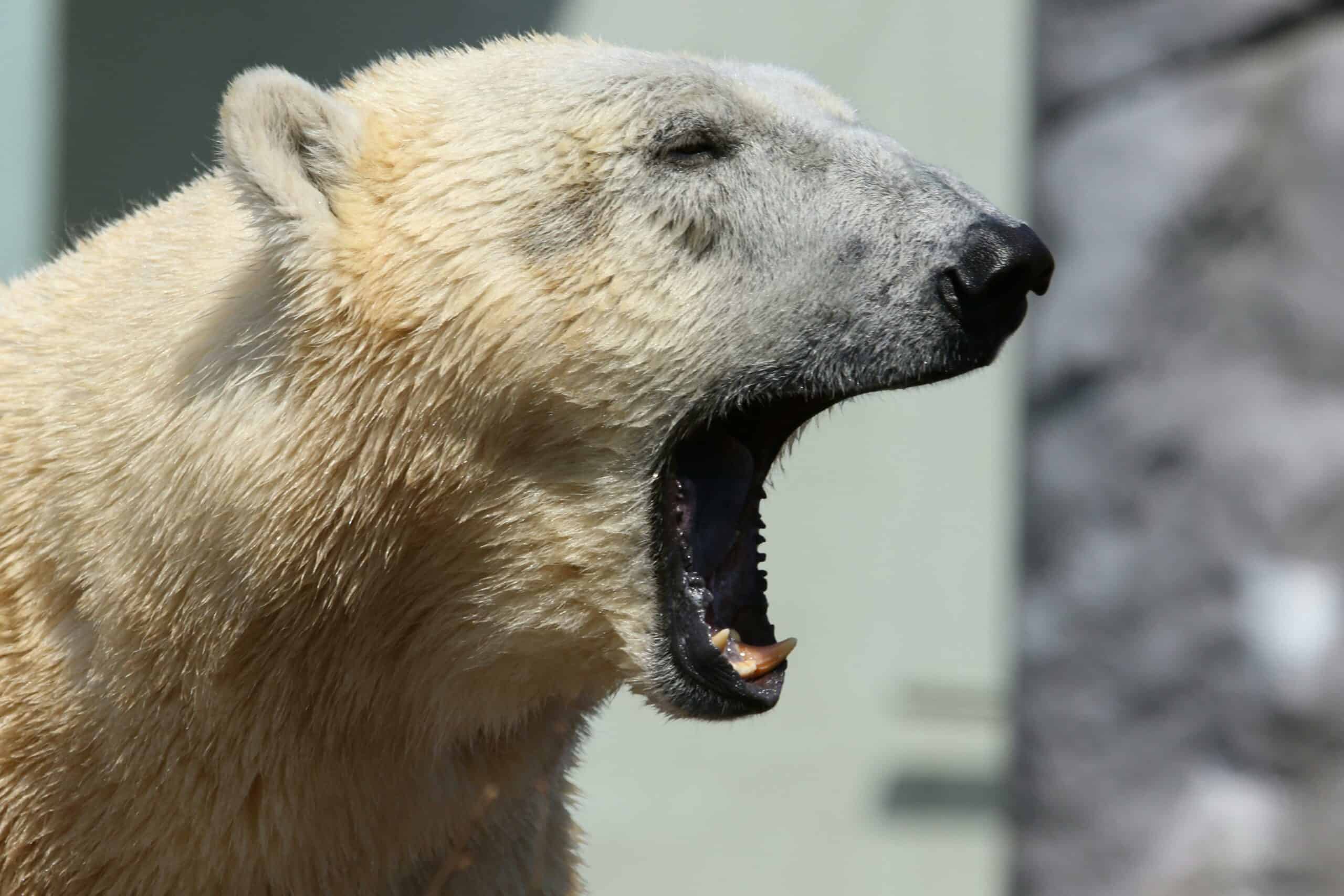
Once a polar bear catches the scent of prey, it can track it over long distances, showcasing both patience and persistence.
Hunting Techniques
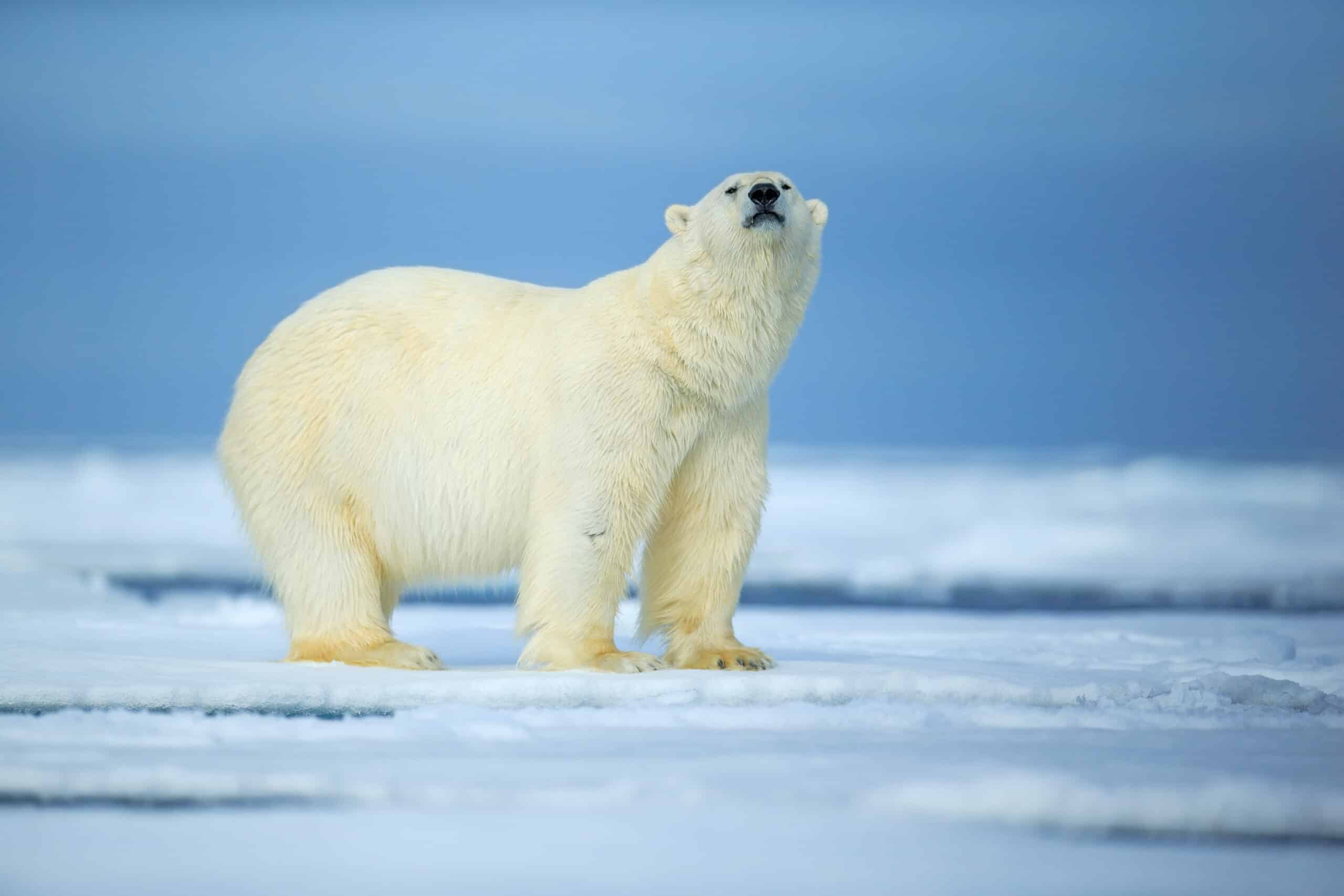
Polar bears use a combination of stalking and ambushing techniques, relying heavily on their sense of smell to locate and surprise their prey.
Seasonal Challenges

During the summer months, when sea ice melts, polar bears face additional challenges in finding food, making their sense of smell even more vital.
Scavenging Behavior

Apart from hunting live prey, polar bears are also known to scavenge carcasses, which they can smell from great distances.
Conservation Efforts

Conservation efforts are in place to protect polar bear habitats and ensure these magnificent animals continue to thrive in the wild.
Future of Polar Bears

The future of polar bears depends on our efforts to combat climate change and protect their natural habitats, ensuring they can continue to rely on their incredible sense of smell to survive. I hope you learned something new today. To read more stories like this, check out the articles below:
- Watch Polar Bear Surprised With New Gift At Oregon Zoo
- Polar Bear Playfully Attempts to High-Five Tourist in Canada
- Albeno Grizzly Bear Mistaken for Polar bear Gets Moved To The Artic!
- Lions on the Edge of the City - July 1, 2025
- Runaway Bear Shuts Down Japanese Airport in Early-Morning Drama - July 1, 2025
- Raccoon Caught Holding Meth Pipe During Ohio Traffic Stop Becomes Viral Sensation - July 1, 2025

